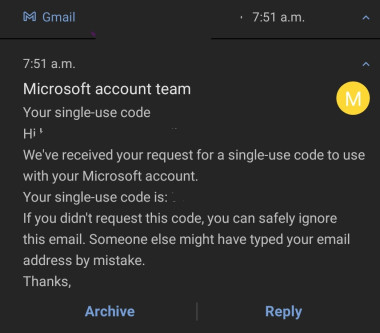I started to get these daily at random hours, even when I'm sleeping. Someone's trying to hack me?
I sure don’t feel safe just ignoring it, considering the frequency.

There have been multiple accounts created with the sole purpose of posting advertisement posts or replies containing unsolicited advertising.
Accounts which solely post advertisements, or persistently post them may be terminated.